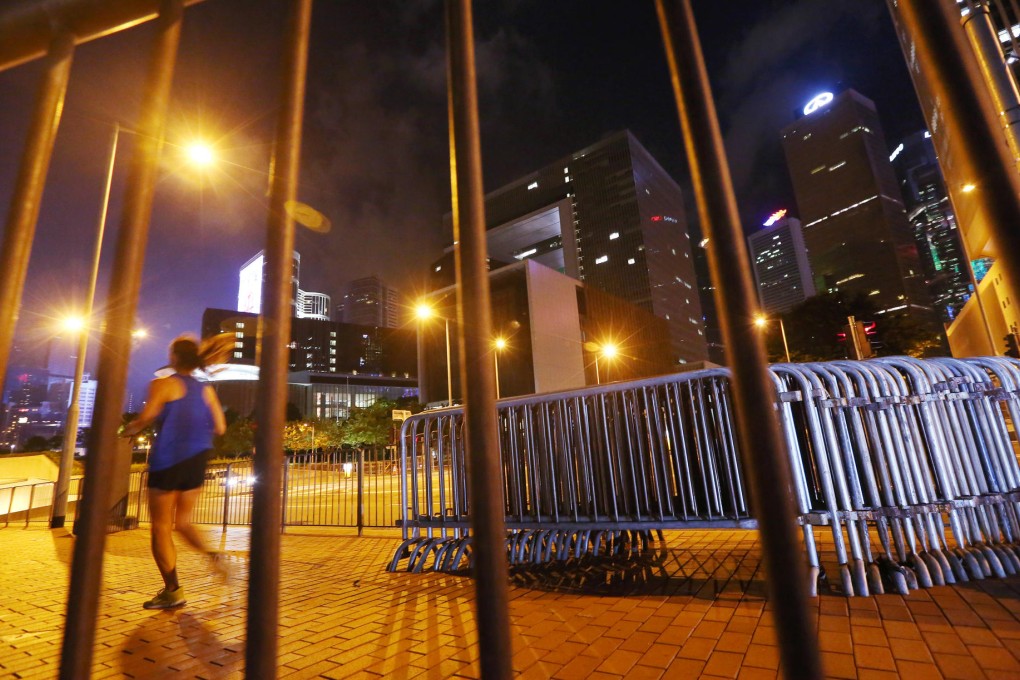Hong Kong poised for political showdown on 2017 election; Jimmy Lai to join Occupy
With Beijing set to impose 2017 election limits, Jimmy Lai says he will join Occupy Central

With Beijing expected to confirm a tough framework today for the 2017 chief executive election, both sides of the political divide have stepped up the rhetoric.
The decision to limit the number of candidates who can stand is likely to trigger a showdown with Occupy Central campaigners - and there was an added twist to the saga yesterday when media tycoon Jimmy Lai Chee-ying said he would join the civil disobedience movement.
A former top Beijing official on the city's affairs warned that Occupy Central would end in bloodshed if its organisers refused to back down.
Chen Zuoer, former deputy director of the Hong Kong and Macau Affairs Office, also suggested in an RTHK interview that the movement was being "manipulated by Western countries to overthrow a regime", and that Beijing "would not tolerate such action".
But Occupy Central founder Benny Tai Yiu-ting emphasised that his campaign was not meant to challenge Beijing's sovereignty. "We are just seeking a fair electoral system, so that everyone can exercise their political rights," he said.